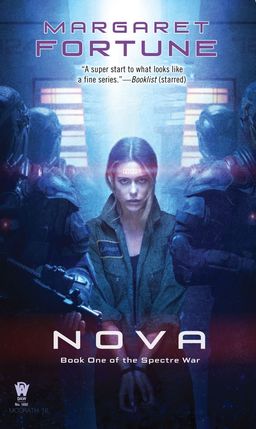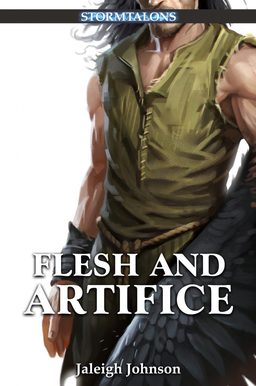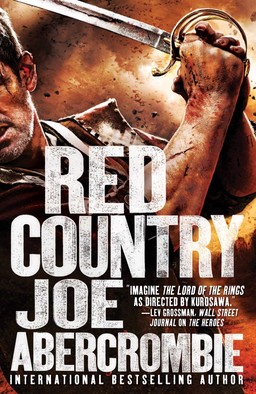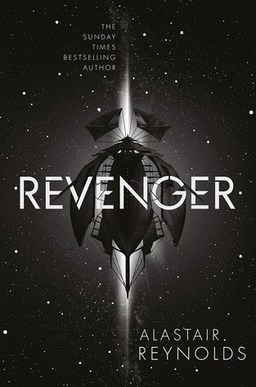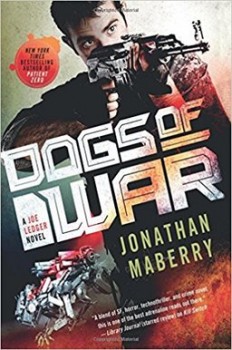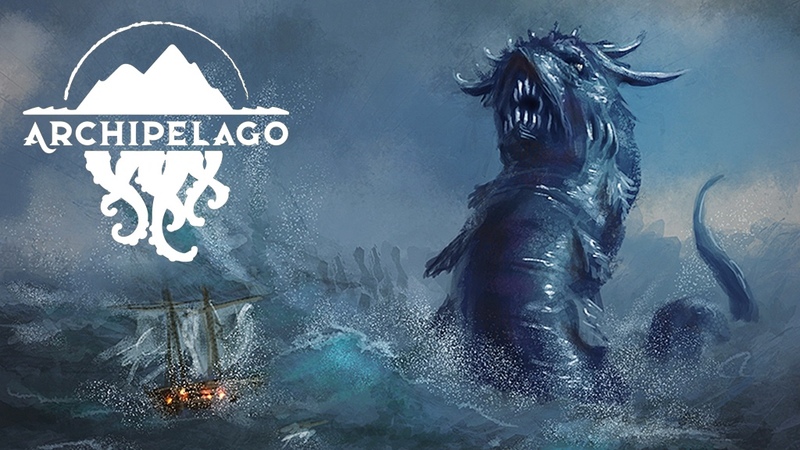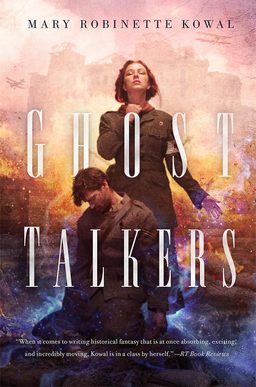Until Two Weeks Ago, I Had Never Reread a Novel
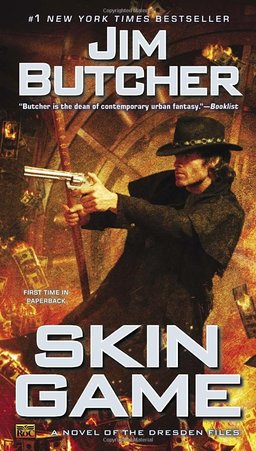 The title for this post is no exaggeration – until recently, I had never successfully reread a book. I don’t know if anyone else is in the same boat, but I’m blessed/cursed with an almost encyclopedic memory for storylines and characters. If someone asks a question about an old show I’m familiar with – whether it’s Fringe or 24 or The Good Wife – odds are that I can answer it, sometimes with exacting detail.
The title for this post is no exaggeration – until recently, I had never successfully reread a book. I don’t know if anyone else is in the same boat, but I’m blessed/cursed with an almost encyclopedic memory for storylines and characters. If someone asks a question about an old show I’m familiar with – whether it’s Fringe or 24 or The Good Wife – odds are that I can answer it, sometimes with exacting detail.
For example, this past semester a teacher friend and I were describing the ridiculousness of 24 to another colleague, and I could summarize each season in order, without hesitation. For some reason, I can still watch a movie or TV show I’ve seen before and enjoy it, but with novels I couldn’t seem to lose myself in the story the same as when I first read it. So I stopped trying.
But that spell seems to have been broken, courtesy of Jim Butcher. A couple weeks ago I was looking at my to-read shelf and didn’t feel like starting anything there (which sort of blew, since there are about twenty titles sitting there, staring at me with their lonely and judging eyes). There were several books there that needed to be read, either for the Aurora awards or for upcoming review posts here, but I knew forcing myself to read one of those would color my perceptions.
I was also hitting a point in discovery writing my new novel where I needed something to inspire me, and when you pick up a new book there’s always the chance it’ll disappoint you – like going on a first date, really (“he’s still single, ladies”). I ended up walking away from the shelf and figured I’d watch Netflix or play Fallout 4 or something, and try to pick a book another day.
Then I remembered talking with one of my best friends about The Dresden Files, and how we’re both waiting for the next book like dogs salivating over prime rib behind a glass divider (in the off-chance that Mr. Butcher reads this, we’re not those brutal fans that rag on writers for taking too long to finish a manuscript – you take your time, sir). He’s reread the series a couple of times, but obviously I haven’t. Part of the reason why I’m such a huge fan is because it’s fast-paced, character-driven, and emotionally riveting – the main things I want to accomplish with my new novel. I’ve reread the occasional scene from a Dresden book for inspiration, and since the compelling voice in my head urging me to read something wouldn’t shut up, I decided to try my luck with Butcher’s most recent installment, Skin Game (which was on my Top Ten Books of 2016). Worst case, I wouldn’t make it very far, return the book to my shelf, and find something else to do with my time.
